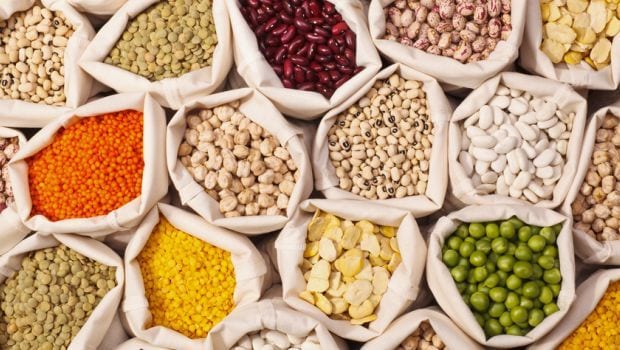Women are special and so are their nutritional needs – and they need to be addressed from the womb to the golden years. Healthy and nutritionally educated women mean a healthy home and family. Our health needs are similar to those of men, but certain nutrients are more important at different ages in our lives. From adolescence onwards, as our bodies begin to mature, nutritional needs become more specific. Let’s look at the special needs of women in adulthood in National Nutrition Month 2022.
Read also: 9 Super Ingredients for This Festive Season
The 20s are when a young woman moves out into the world, starts a career, makes health decisions, and perhaps starts a family. This is the time when puberty is followed by a slowdown and eating with the same appetite and eating wrong food can be harmful to his health. Some important nutrients that need attention are:
- Folic Acid: If you are planning a family, it is important to do buffering with folic acid. Folate prevents neural tube defects in infants and is an essential factor for RNA and DNA production.
- Calcium: This decade is the best time to build strong bone mass. Calcium is the main essential mineral, adequate daily intake will help build a solid bone bank.
- IronIt is a mineral which is essential throughout the life of a woman. It is needed to prevent anemia so that a person remains active and healthy.
The 30s are a busy decade. It’s time to get strong and prepare for the Middle Ages. During this phase of a woman’s life, nutrients and a healthy overall lifestyle are of prime importance.
- Once again folic acid is needed if you are planning a family.
- calcium The most important nutrient as the first half of the decade is what you have for building bone density. There is a slowdown in bone formation in the second half.
- Strength is also important for bone health. That’s why you need to learn and practice strength training regularly.
- Apart from good sleep, physical activity at least 3-5 days a week is essential.
- As the skin begins to mature, minerals such as vitamins C and E and selenium become important.

- Focus on a plant-based diet.
- Have three of your vegetables and two fruits per day. They are full of vitamins and minerals that protect you and keep you hydrated and healthy.
- Plant proteins are good. legumes And nuts are protective, containing lots of fiber and phytonutrients that will help you with post-menopausal symptoms.
- Daily exercise and portion control will keep you fit and help with weight management.

The 50s are when major metabolic changes occur. With the onset of menopause, estrogen levels drop, making you more vulnerable to non-communicable diseases.
- Weight is a major issue as the metabolism slows down. Compensate with exercise and cut back on empty sugar and fat calories.
- Fiber helps control cholesterol, regulate blood sugar, and keep the gut in shape. Constipation is a reality.
- Get enough vegetables and fruits, they also help with skin vitamins like vitamin C, and A. Good sources of antioxidants keep inflammation under control and reduce the intensity of menopausal symptoms.
- Eat nuts daily for the phytonutrient antioxidants and vitamin E for skin health.
- Choose healthy fats like olives, rice bran and peanuts to protect against heart diseases.
- calcium and vitamin D Bone mass has become more important for conservation. The conversion of vitamin D to its active form slows down with sunlight, so add some supplements on the advice of a doctor.

The golden years are all about maintenance. The rebuilding process is slow, so adequate nutrition is vital to maintaining good health.
- Proteins are essential throughout life, but as muscle loss occurs at this age, it becomes more important that adequate amounts are consumed. Add protein to every meal.
- There is a tendency to not eat food due to lack of appetite or laziness. Eat at regular intervals, cook in one go and spread throughout the day. exercise will help with a good appetite
- Taste buds lose their effectiveness, don’t add more oil or salt but try adding spices to improve the taste of the food.
- If you don’t want to go out, socialize, and call family and friends. It helps to be happy and not lonely.
This Nutrition Month 2022 is dedicated to the health of women and children, both of which are intertwined. Health is a continuous effort and not an occasional activity and it helps to make our life comfortable so take care and eat well.
Disclaimer: This material, including advice, provides general information only. It is in no way a substitute for qualified medical opinion. Always consult a specialist or your doctor for more details. NDTV does not take responsibility for this information.